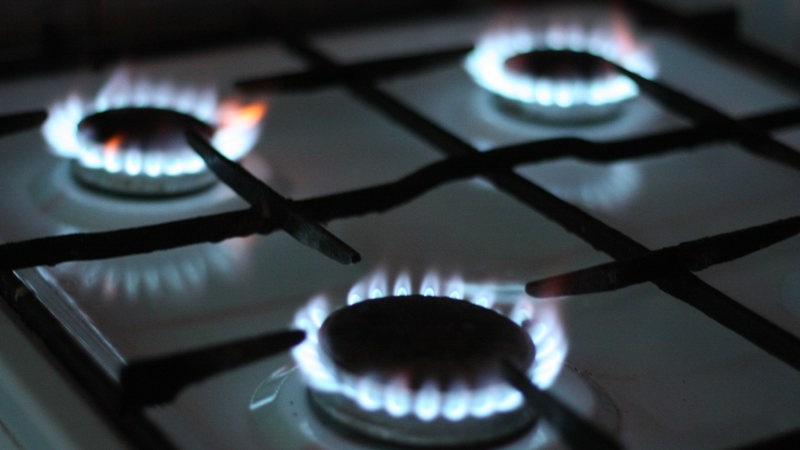
The European Commission has announced REPowerEU, its plan for reducing the bloc's dependence on Russian gas supplies and dealing with the effects of high energy prices (here).
It involves:
- Boosting EU energy savings, including a proposal to increase the binding EU-wide energy efficiency target for 2030 to 13% (from 9%) and guidance for Member States (MS) on promoting behavioural changes to improve energy efficiency
- Diversifying energy imports, including considering a joint purchasing mechanism to negotiate and contract gas purchases on behalf of MS, building on the newly-created EU energy platform that aims to co-ordinate voluntary common purchases.
- Increasing the 2030 renewable energy target from 40% to 45%, facilitating renewables permitting, and setting targets for increased solar and wind power and biomethane (subject to sustainability criteria)
- Targets for production and imports of renewable hydrogen (each 10 million tonnes annually by 2030), coupled with support for industrial customers (through carbon contracts for difference, under the EU ETS Innovation Fund) to switch from fossil fuels to renewable energy, including hydrogen
- Legislative proposals to decarbonise freight transport and to increase the share of zero emission vehicles in fleets
- Various cross-cutting initiatives, including revising ecodesign and labelling requirements for heat pumps and and solar PV, ensuring that Member States' post-COVID Recovery Plans also include chapters for dealing with the current crisis and measures to improve skills and supply chains in critical technologies and strengthening partnerships with countries outside the EU
Taken together, the measures should reduce the EU’s overall demand for natural gas in the coming years, while also significantly reducing the proportion of that demand met by Russian supplies. The Commission has indicated that stakeholder support in developing some of the new measures will be required over the coming months.
The Commission has also published a communication on energy market design and consumer protection. Further announcements are expected from the Commission in the coming weeks in relation to sustainability criteria for synthetic fuels.
Frontier regulatory advises clients on questions surrounding gas supplies and energy prices.
For more information, please contact media@frontier-economics.com or call +44 (0) 20 7031 7000.








